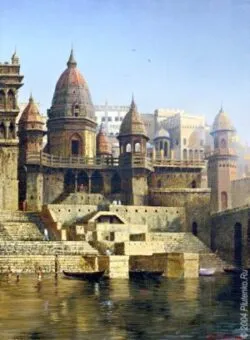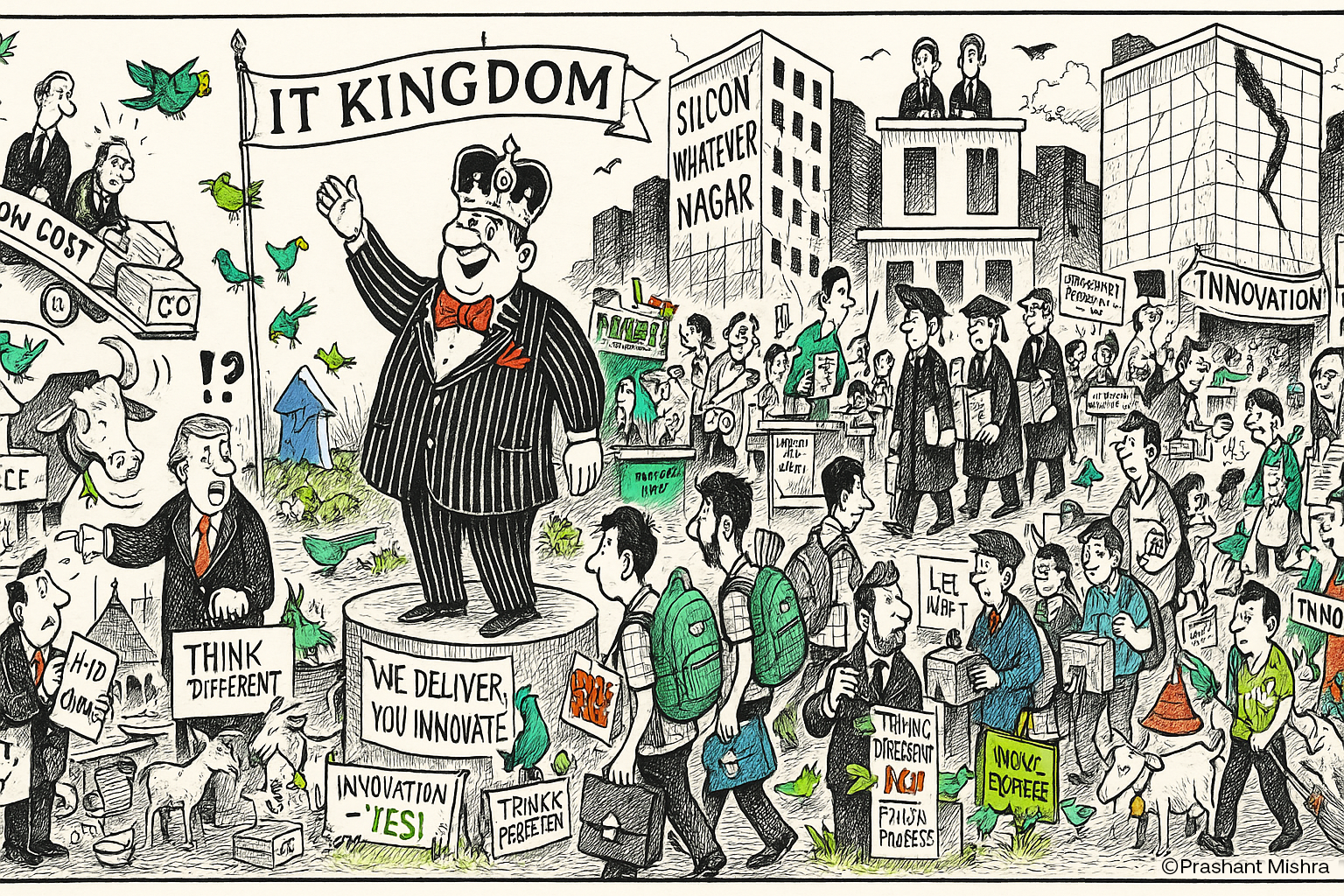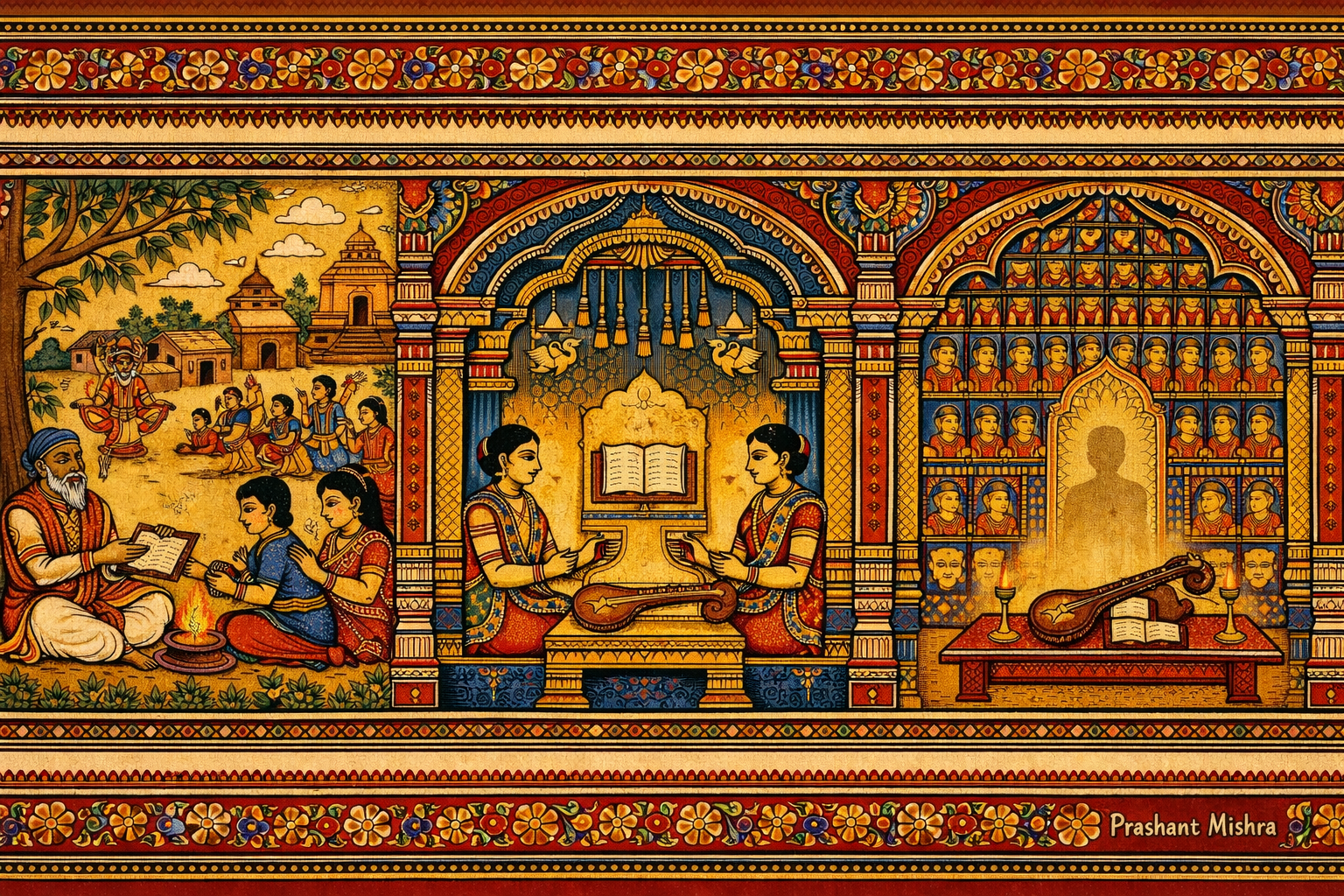
The Indian Renaissance Social Enterprise
Demographic dividends, improved literacy, and economic prosperity fueled by broader global thinking, a propensity to take risks, a desire to hustle, and the ability to innovate are going to transform India beyond recognition, grabbing the world's attention.
This progress, often seen in the context of the last few decades, should instead be seen against the backdrop of centuries of Indian civilization. Through the ages, India has remained anchored to its culture and tenets, and this resurgence must also be attributed to said moorings, which it kept intact over time. These traditions, ways of doing things, principles, and ideals collectively called Indian Ethos have become emblematic of India's culture, work habits, economics, policies, and even politics.
Indian ethos is viewed through monochromatic lenses that did not even attempt to understand how the fortunes of many social or business enterprises depended on an acute awareness of underlying complexities and the application of insights derived from them. As a result of this misunderstanding, the various shades and undercurrents of socio-political-economic activity that the country is constantly brimming are often missed. It also leads to great consternation because many view India as a nation that dares to deviate from established norms and tried-and-tested business models. And yet, the country defies odds and charges on, driven by deeper fundamentals that transcend its famed diversity, bound together as one composite system.
A strong narrative of Indian ethos and their systematic practical applications is the need of the hour. It will put Indian history from the right perspective. And explore a range of ideas and their practical applications that manifest the core philosophies and values of Indian civilization that contain deeper visions and insights and codify the famed Indian wisdom.
More focus should be put into establishing bodies or organizations to restore, document, promote, and implement the ancient yet timeless narrative of Indian civilization. Researching this elusive Indianness, which, like a connective tissue, binds the bones and muscles of India, and documenting its application, albeit unconsciously, by Indians in their daily lives, can reveal a gold mine of innovative approaches.
Such focused institutions should attempt to be not only a thought-shaping think tank but also a hyper-value acceleration platform. In their academic avatar, they must explore the underpinnings of Indian Ethos, which exhibit the value systems and core philosophies enshrined in Indian culture. And as a hyper-value acceleration platform, they should attempt to apply insights generated by working with organizations on an outcome-oriented approach to achieving desired socio-economic goals.
Traditionally, best practices are defined in the context of the western school of thought. Our India-Oriented bodies' objective should be to bring forth knowledge and approaches to doing business and executing social activities via the application of Indian Ethos. Thus, codifying “next practices,” which may not conform to the western view but have proven themselves useful. This synthesis of Indian ethos with business accomplishments, scientific achievements, and modernity would be the prime product of such an organized renaissance.
"Yadishi bhavana yasya siddhi bhavati tadrishi": As we think, so we achieve, and so we become. Indian Ethos recommends the constant replenishment of the source from which one collects, thus ensuring sustainability. Additionally, the vehicles of the Renaissance must help create an entrepreneurial mindset, enlightened leadership, and intellectual self-reliance. Focusing on areas such as design, environment, agro-tech, sustainability, social studies, skill development, and architecture, it must aim to become the crucible of horizontal capabilities from a cross-section of experts with deep expertise in specialized sectors.


